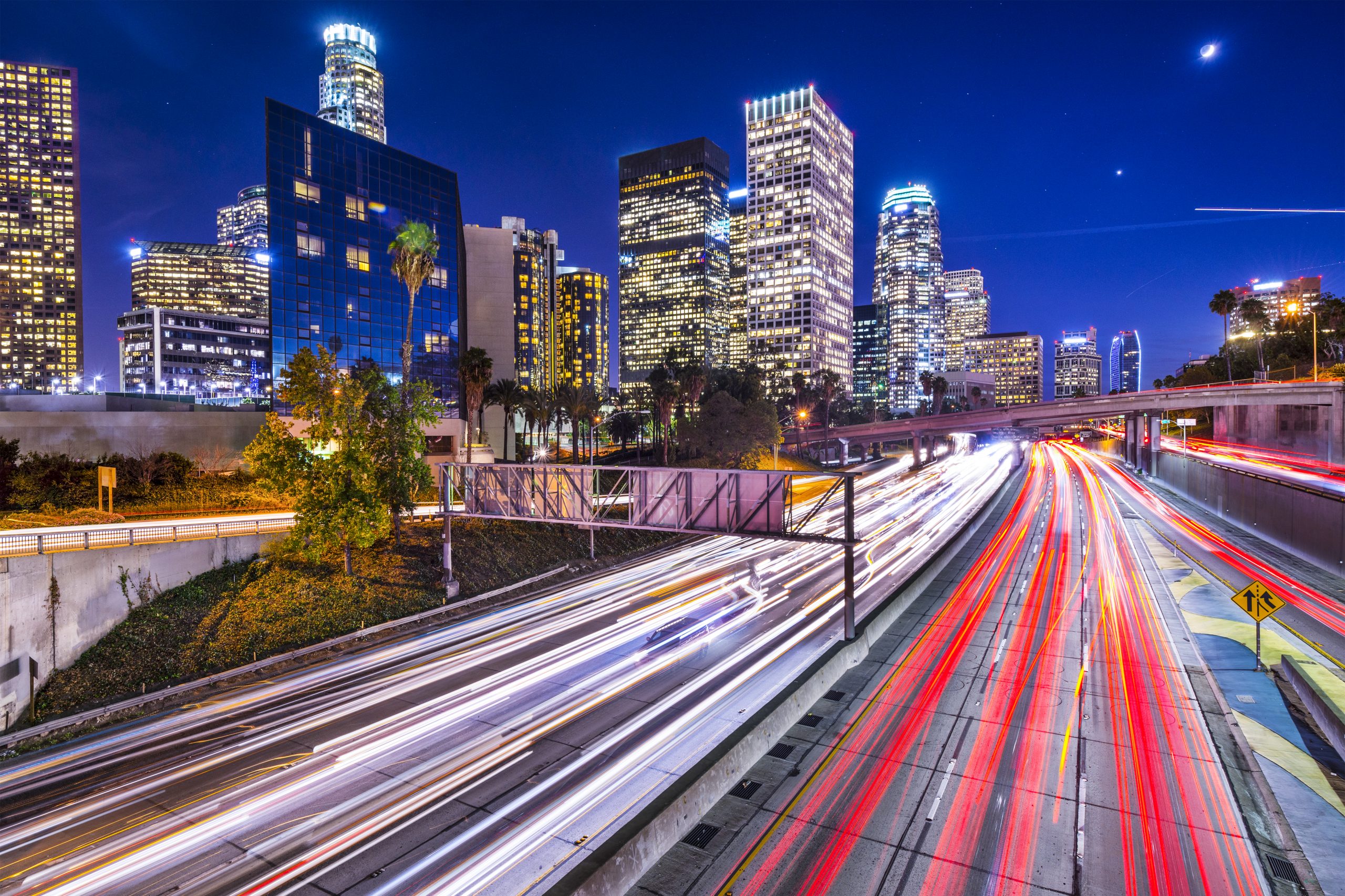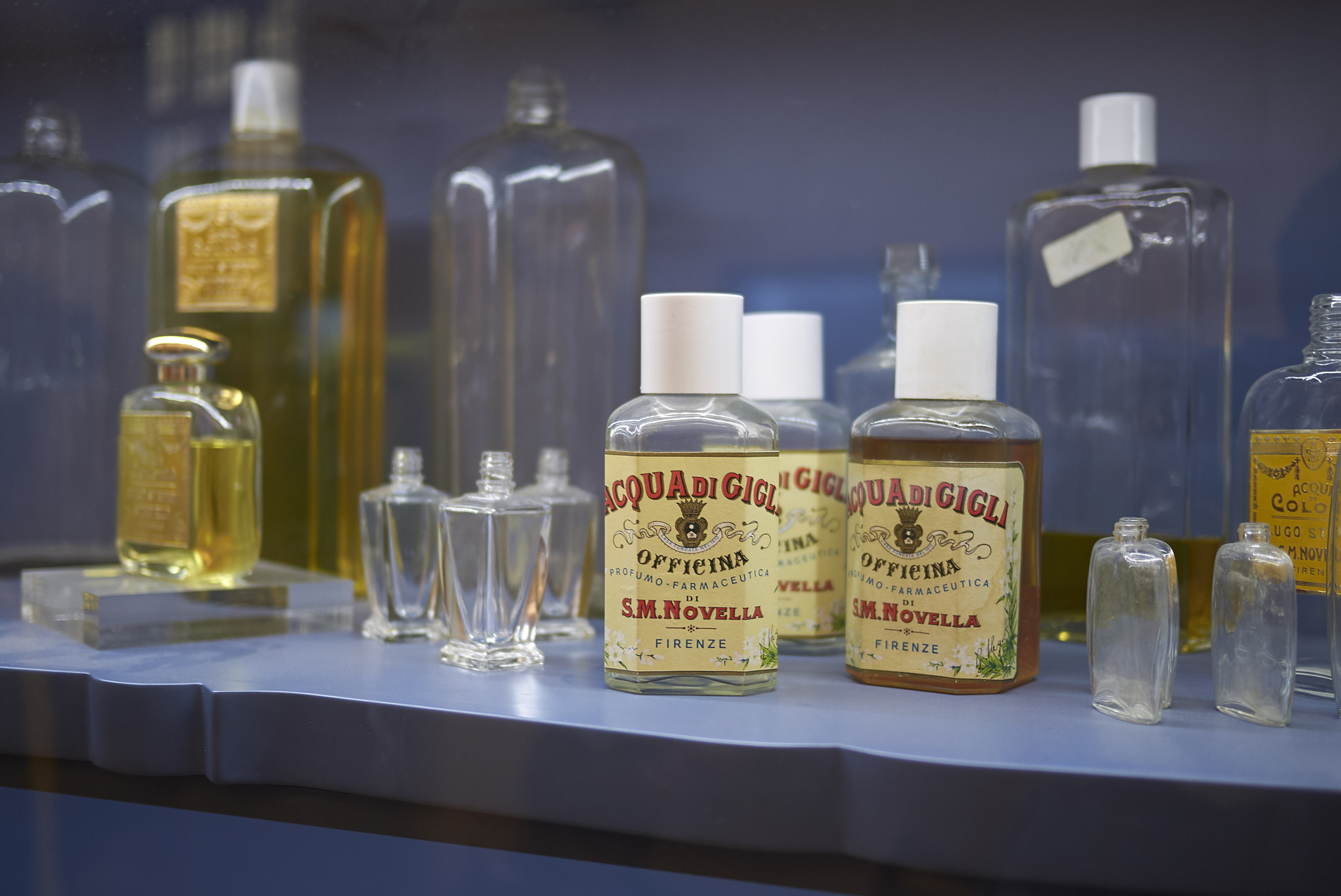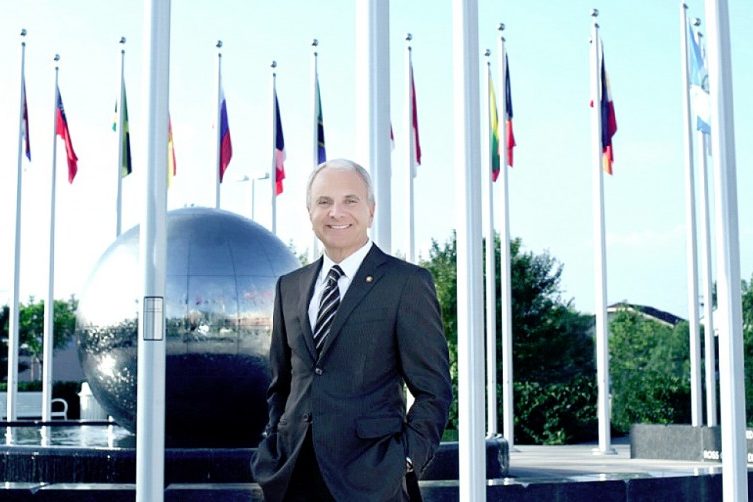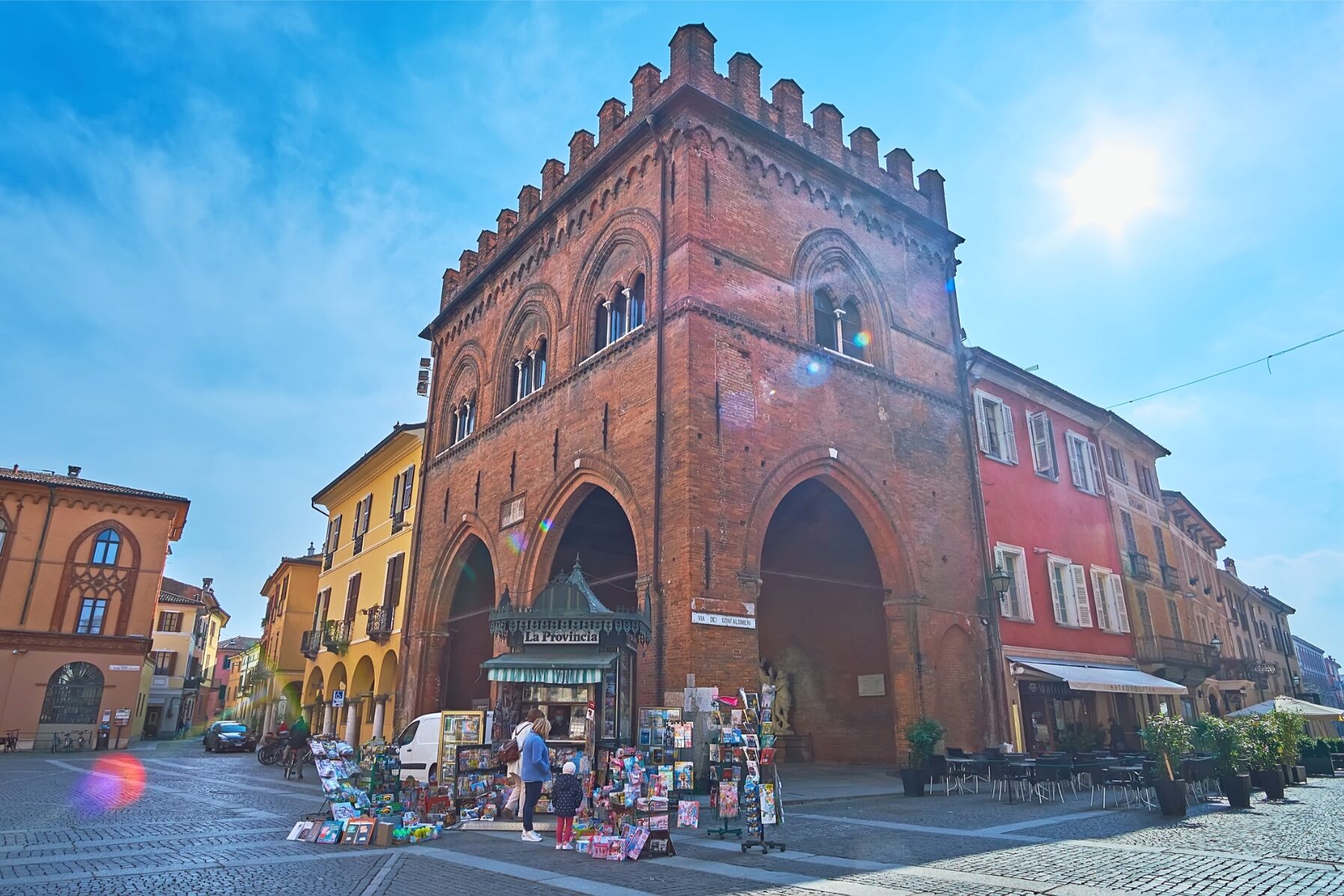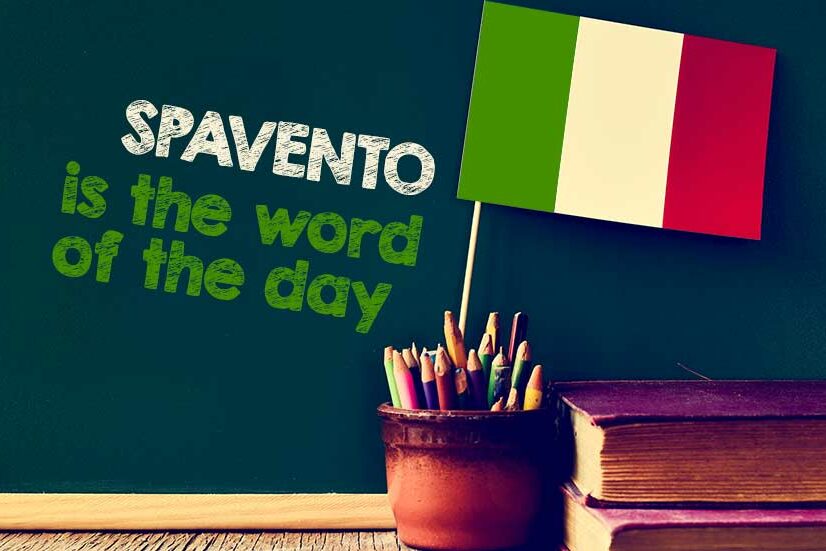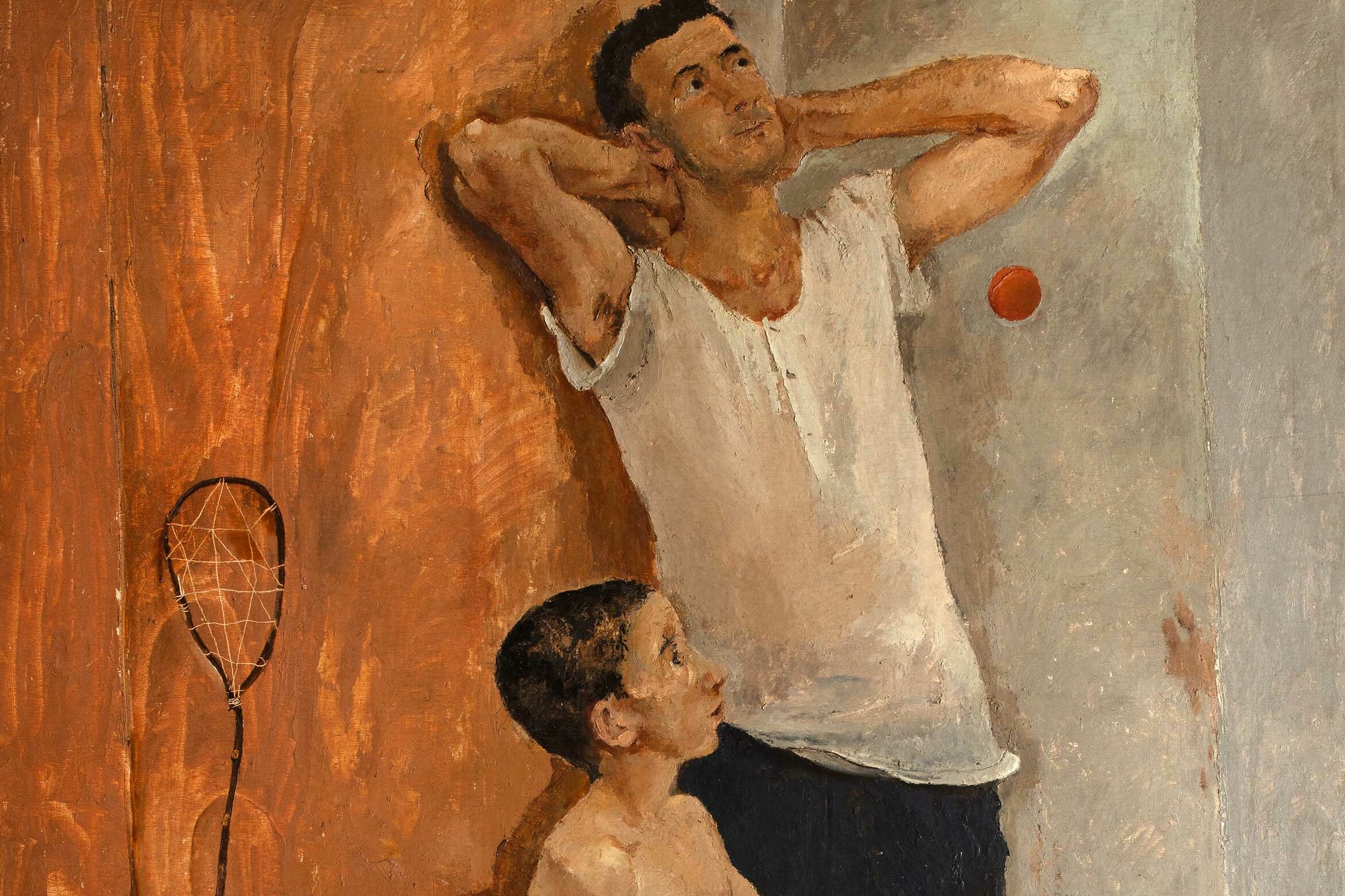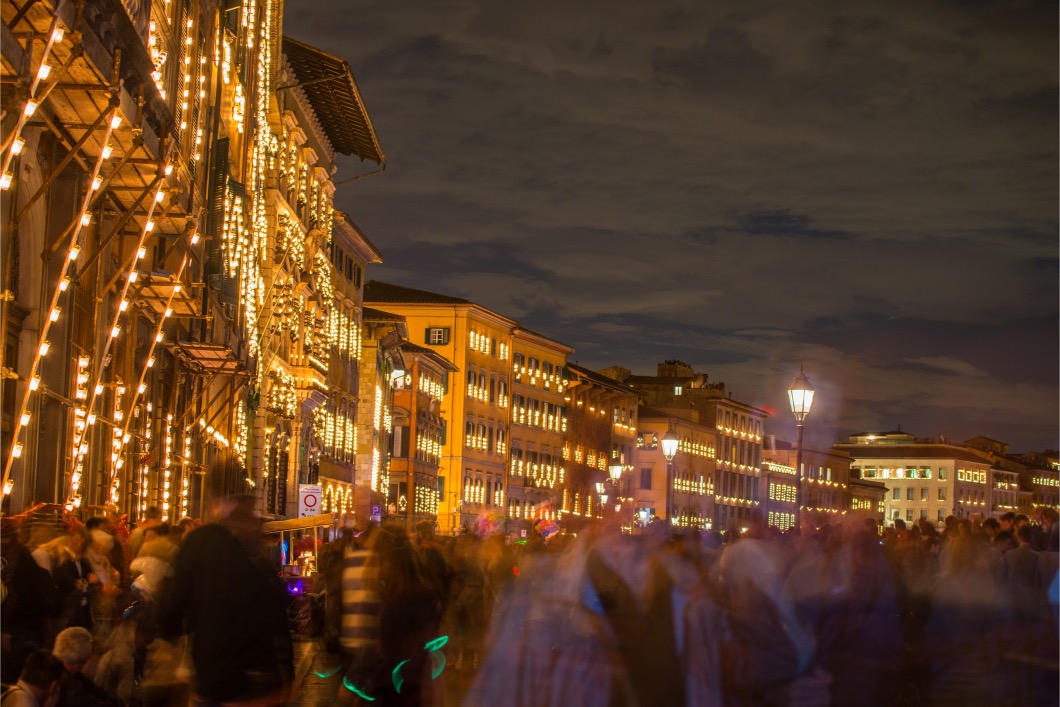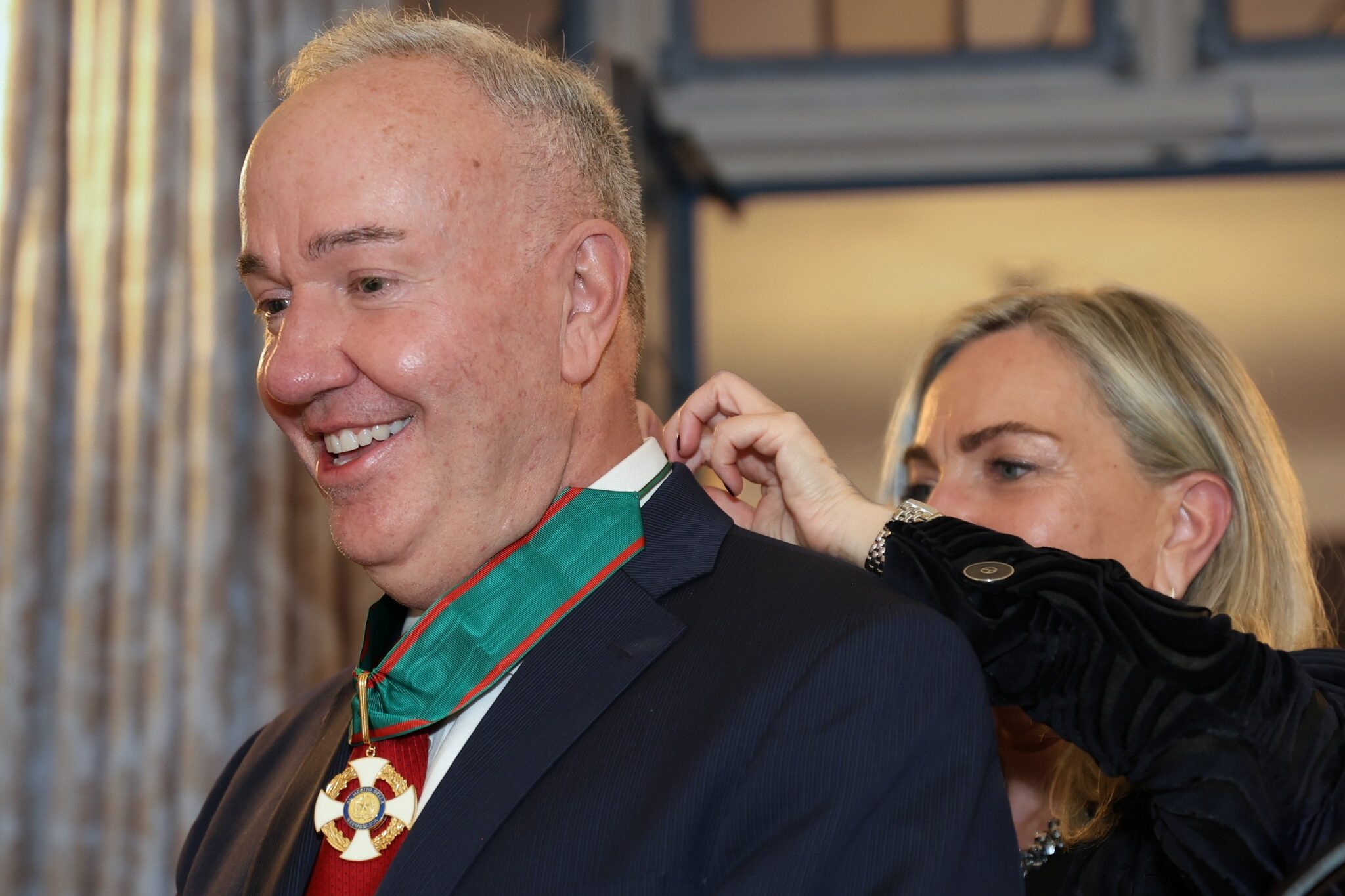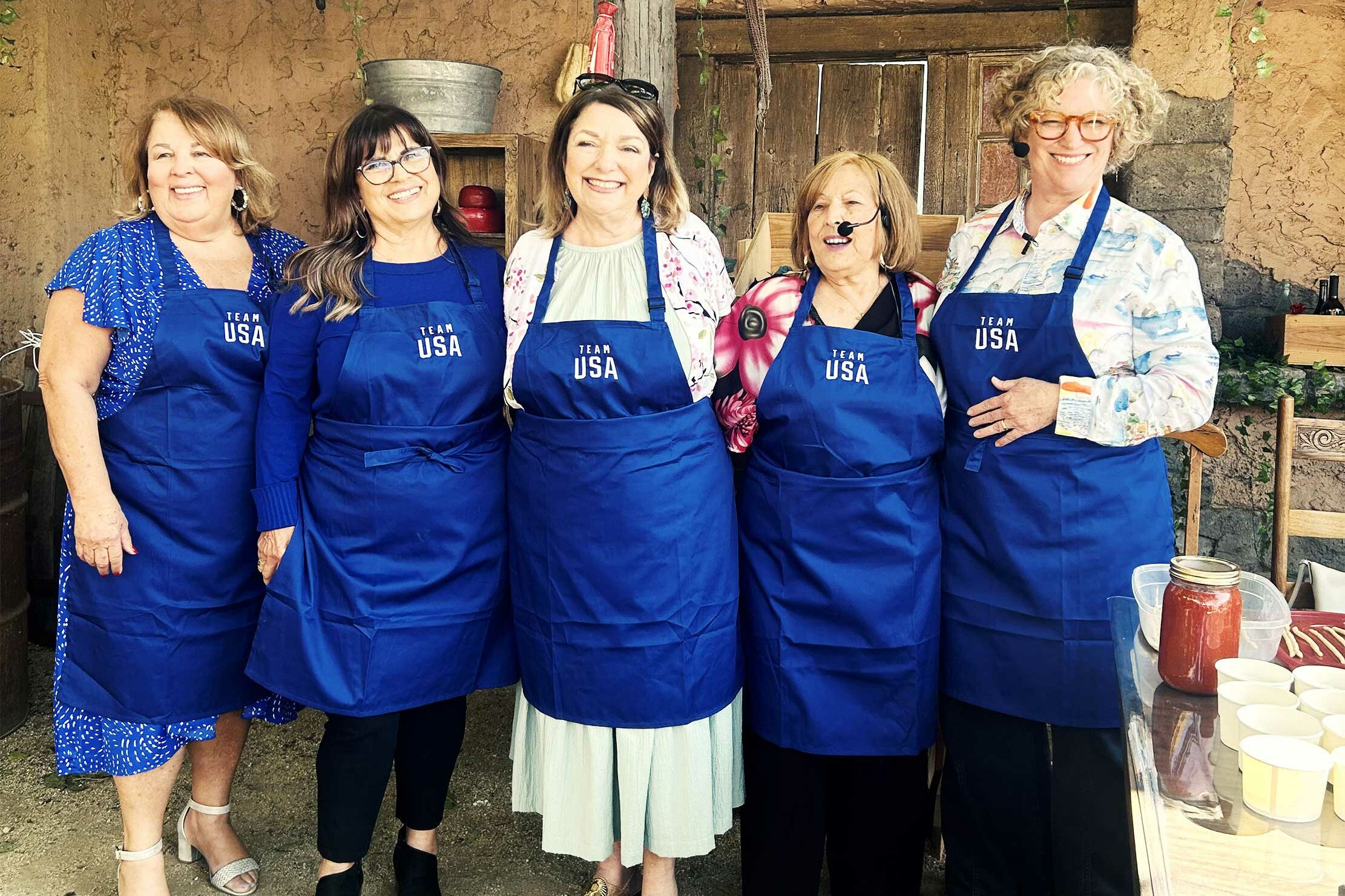Organized by The Huntington Library, Art Collections, and Botanical Gardens, the exhibit Face to Face: Flanders, Florence, and Renaissance Painting will be on view in the Museum’s MaryLou and George Boone Gallery until January 13, 2014.
Inspired by the exhibition Firenze e gli Antichi Paesi Bassi 1430–1530, presented in 2008 at Palazzo Pitti in Florence, it is the first one in the United States to explore the connection between Flemish and Florentine paintings of the 15th century through twenty-nine paintings by Renaissance artists such as Domenico Ghirlandaio, Hans Memling, Pietro Perugino, and Rogier Van der Weyden, and six illuminated manuscripts.
The exhibit has been curated by Catherine Hess, chief curator of European art at The Huntington, and Paula Nuttall, co-curator and author of a book of the same title published by The Huntington to accompany the exhibition.
“We are thrilled to host these dazzling paintings from such a fascinating chapter of European art,” says Catherine Hess. “Very few members of the general public realize the great impact Netherlandish artists had on artists in Florence during the Renaissance. I believe the public will be not only captivated by the topic but also stunned by the beauty of the works on display, many of them masterpieces, that have never been seen before on the West Coast.”
The opening of the exhibition was attended by representatives of both Italian and Flemish Institutions. In his remarks, the Consul General of Italy in Los Angeles Giuseppe Perrone praised the unique quality of the artworks as well as the curators’ innovative approach in presenting them. He also underlined that “the mutual admiration and exchange of pictorial techniques between Flemish and Florentine painters show that the idea of a European Union was already worked out at the time, and it is rooted in our history.”
In the first decades of the 15th century, Flanders was a wealthy region ruled by the dukes of Burgundy and including present-day Belgium, France, and the Netherlands. This thriving cultural center attracted a large number of artists such as renowned painters Jan Van Eyck (ca. 1380/90–1441) and Van der Weyden, who developed – explains Paula Nuttall – “a new pictorial language based on the observation of reality.”
At the time, Florence was a flourishing mercantile city and an important cultural center as well, and since the late Middle Age Florentine merchants and bankers settled in Flanders for trading purposes. Thanks to prosperous commercial and artistic contacts, in the 15th century Flemish painting became very well-known in Florence for its amazing realism and emotional use of light, and influential art patrons such as the Medici family started to display Flemish artworks in Florentine churches and homes.
In order to highlight the mutual influence of these two artistic centers, and to demonstrate
how Flemish painting contributed to the innovative Italian Renaissance art, the exhibition divides Flemish and Italian works of art in thematic groups and compares them, from the representation of Christ to portraits of noblemen, from landscape painting to the surprisingly realistic rendering of materials like the velvet fabric of the garments.
Among the masterpieces included in the exhibit are Pietro Perugino’s (ca. 1446/ 1450–1523) Portrait of Francesco delle Opere from the Galleria degli Uffizi in Florence; Filippino Lippi’s (ca. 1457–1504) Portrait of a Musician from the National Gallery of Ireland in Dublin; Gerard David’s (ca. 1455-1523) Virgin with the Milk Soup from the Palazzo Bianco in Genoa; Memling’s Saint Veronica from the National Gallery of Art in Washington, D.C., and his Portrait of a Man with a Coin of the Emperor Nero from the Koninklijk Museum voor Schone Kunsten in Antwerp.
Visitors can admire several portraits including Hans Memling’s Man of Sorrows Blessing (ca. 1430–1494), and a copy of it painted by Domenico Ghirlandaio (1449–1494) in Florence, so faithfully that it was long thought to be the original artwork.
Face to Face also showcases for the first time in the Los Angeles area The Huntington’s acclaimed oil-on-oak painting Virgin and Child (ca. 1460) by Flemish painter Rogier Van der Weyden (ca. 1400–1464) alongside its companion from the original devotional diptych. The Portrait of Philippe de Croÿ, on loan from the Koninklijk Museum voor Schone Kunsten, Antwerp, constituted the other half of a two-panel painting that opened and closed like a book – a common format at the time to enable artworks to stand open on an altar.
Besides Paula Nuttall’s book entitled Face to Face: Flanders, Florence, and Renaissance Painting, art lectures, children’s workshops, and private tours are also available at The Huntington to enjoy at most this beautiful works of art and fascinating artistic comparison. In addition, the related exhibit Crossing the Alps: Artistic Exchange and the Printed Image in Renaissance Europe will also be on view at The Huntington Art Gallery, Works on Paper Room through January 13, 2014. It focuses on 15 works by Flemish, Dutch, German, and Italian artists such as Albrecht Dürer (1471–1528), Marcantonio Raimondi (ca. 1480–ca. 1534), and Lucas Van Leyden (1494–1533) from The Huntington’s collections.
